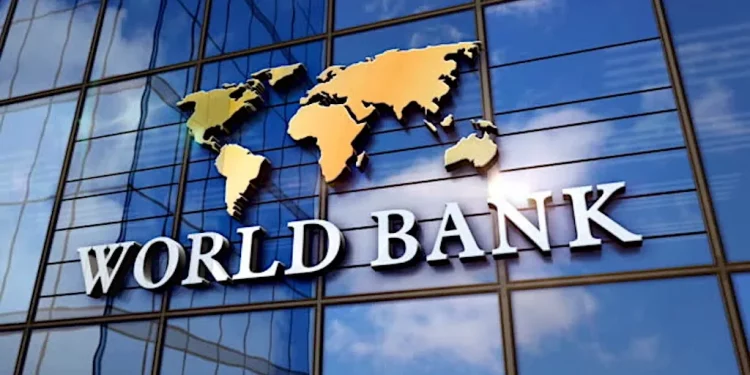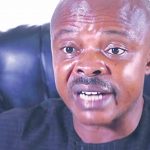The World Bank Group has announced a $100 billion increase in its financial capacity to drive job creation and economic growth across developing nations, describing employment as “the straightest line to stability” amid global demographic shifts.
World Bank President Ajay Banga made this known following the 2025 World Bank and IMF Annual Meetings in Washington, where he highlighted the institution’s renewed focus on jobs as the foundation of its development mission.
“We’ve worked to move with more speed, simplicity, and substance. The mission is jobs. A job is more than a pay cheque; it is dignity, purpose, and stability,” Banga said
He explained that the Bank’s ongoing reforms including shorter project approval times, unified country leadership, and consolidation of its Knowledge Bank have unlocked the additional $100 billion lending capacity. These measures, he added, also strengthen partnerships with the private sector and multilateral development banks.
Banga warned that developing economies face an urgent employment crisis, with 1.2 billion young people expected to enter the global workforce over the next 15 years, competing for just 400 million jobs.
“Four young people will step into the global workforce every second over the next decade,” he noted. “Without purposeful effort, their optimism risks turning into despair, fuelling instability and migration.”
Africa, he said, will be at the heart of both the challenge and the opportunity, with the continent’s population projected to double by 2050, and Nigeria alone adding about 130 million people.
“These young people, with their energy and ideas, will define the next century. With the right investments, not focused on need but on opportunity, we can unlock a powerful engine of global growth,” Banga said.
To address this, the World Bank is implementing a three-pillar strategy focused on public investment, policy reform, and private capital mobilisation. Governments will lead infrastructure and education investments, while the Bank supports sound economic management and fosters entrepreneurship.
Its private-sector arms the International Finance Corporation (IFC) and the Multilateral Investment Guarantee Agency (MIGA) will scale participation through equity investments, guarantees, and political risk insurance.
The Bank is also developing an originate-to-distribute model, packaging assets into investable products to attract institutional capital into emerging markets.
Banga identified five key sectors with the strongest job creation potential: infrastructure and energy, agribusiness, healthcare, tourism, and value-added manufacturing, including critical minerals.
Under the Mission 300 initiative, the World Bank plans to connect 300 million Africans to electricity by 2030, expand healthcare access to 1.5 billion people, and scale up AgriConnect, a programme helping smallholder farmers shift from subsistence to surplus production.
He added that nearly half of the Bank’s financing in the past year included climate co-benefits, with resilience-related investments rising to 43 per cent of the public sector portfolio, up from one-third two years ago.
“Jobs must be at the centre of any development, economic or national security strategy,” Banga said. “It’s how we move from potential to pay cheques and from ambition to opportunity.”










